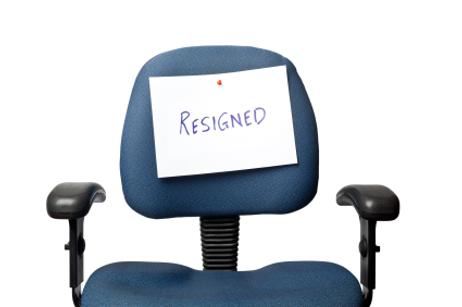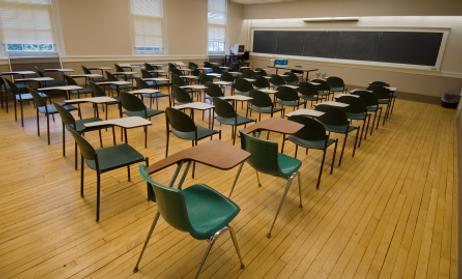A recent study revealed some startling statistics about teacher retention in Duval County Public Schools. The Jacksonville Public Education Fund study found that this large U.S. county loses more than half of its public school teachers within five years of their careers. This high turnover rate may be costing the school district a significant amount of money and impacting the quality of education provided to public school students. As the statistics come to light, theories begin to circulate on how to promote public school teaching as a long-term career choice in Duval County.
The Human Capital Issue
WTEV was one of the first to broadcast the results of the study by the Jacksonville Public Education Fund. The news station reported that researchers in the study surveyed 600 Duval County public school teachers to explore the possible reasons for the high turnover rate. The teachers interviewed told the station that salary and benefits are both factors that could either keep teachers in the profession – or drive them away.
Teachers were also asked what would make them stay in the profession rather than search for greener pastures after just a few short years. Trey Csar, president of the Jacksonville Public Education Fund, said that most teachers told them compensation and benefits, increased autonomy, and a louder voice in policy decisions could be the driving force behind the long-term employment of public teachers in the county. Calling the findings a “human capital” issue, Csar also told






















